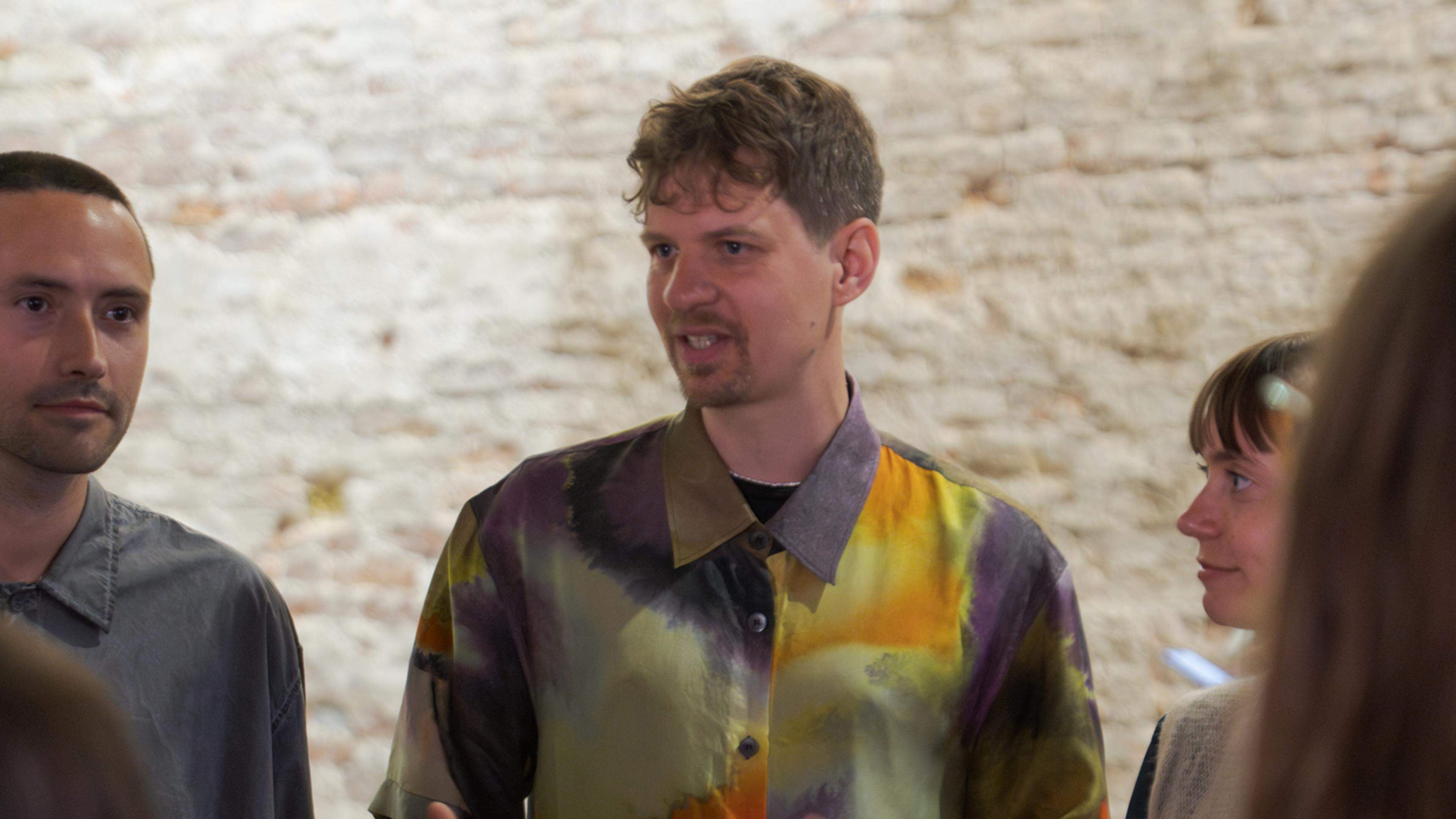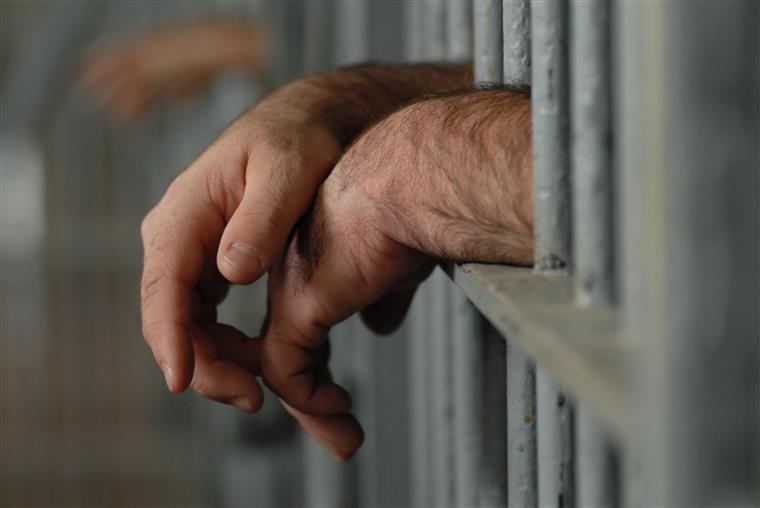Almost abandoned actors give us the reminder we need

While Gaza is bombed for annihilation, the Theater Tribunal keeps its scene open for this most inflamed conflict of our time. No one else is doing just as well, or at all.
Short only: last year’s « mandate » by Jan Käll, well-founded (and fun) drama about the UK’s role at the Palestinian expulsion, Al Nakba 1948. In April this year « Meramieh » from Al-Harah Theater, Bethlehem, about the expulsion. Remaining on tour: « Dad, Pogrome and Parallel » from 2023, about the persecution of Jews in Romania during the Second World War. Just in May, the Tribunal celebrated 250 years of Jewish life in Sweden with a major Jewish cultural festival. On Friday, « Dreams in Heaven-A Palestinian Cultural Festival » starts with maximum program including visits by Falastinvision-alternative-mellon where Palestine is allowed to participate.
It may look like the theater gives way to the two different sides of the historical conflict. It’s not that simple. The dividing line goes within both. In both camps, culture, theater, the free thought and human rights, are sometimes struggling, in vain, against unculture, undemocracy, racism, hatred, violence against the others, the various and dissent. The conflict itself sharpens the oppression.
It is illustrated in the guest play « The Emigrants from Gaza ». The director, Israeli Einat Weizman is an actress. She showed solidarity with the Palestinians and then got no roles.
Her performance is built around a video of the (self -escaped) Polish author Slawomir Mrozek’s play « The Emigrants ».
We see it on movie screen in The fund on the Tribunal stage. This is the last performance given on « Theater for Everybody » which was located in Gaza and destroyed, and a tribute to that theater. In front of the video, Weizman acts two actors, Shahir Kabaha and Rami Salman, who are Palestinians with Israeli citizenship, in the same roles as on the canvas: sometimes with identical gestures and plays. The film’s figures as well as detach themselves. Mrozek’s original emigrants and the fate of the filmed theater come towards us in the two actors’ figures.
Alternately with the old play, they come out, and tell the new: about life as a Palestinian actor in Israel, the bizarre loneliness of not being able to communicate at all – without local, money, the right to be seen. All contact with other Palestinian cultural workers, in Gaza or on the West Bank impossible, broken. Their theater is not even a group, lacks names.
All they have is a word flow of silence, and their bodies. The show is half an hour, and not finished. Should be if there is energy along with the full -time job. A sad sight, two almost abandoned actors in a semi -finished piece. Yet, in this as well as broken, they stand there without performance with their human dignity, which they claim as their right. It is completely, and more than worthwhile. A reminder we need.
Read more Reviews by Ingegärd Waaranperä. For example: « Dante’s divine comedy » strangely hovers and brilliantly at the soup theater.






/s3/static.nrc.nl/images/gn4/stripped/data132130047-fe30e0.jpg|https://images.nrc.nl/W2hWMrilgePskd_q_jCmkruDQCM=/1920x/filters:no_upscale()/s3/static.nrc.nl/images/gn4/stripped/data132130047-fe30e0.jpg|https://images.nrc.nl/SSHJlO6HdeyOQSc8CGuQLapz-rM=/5760x/filters:no_upscale()/s3/static.nrc.nl/images/gn4/stripped/data132130047-fe30e0.jpg)

